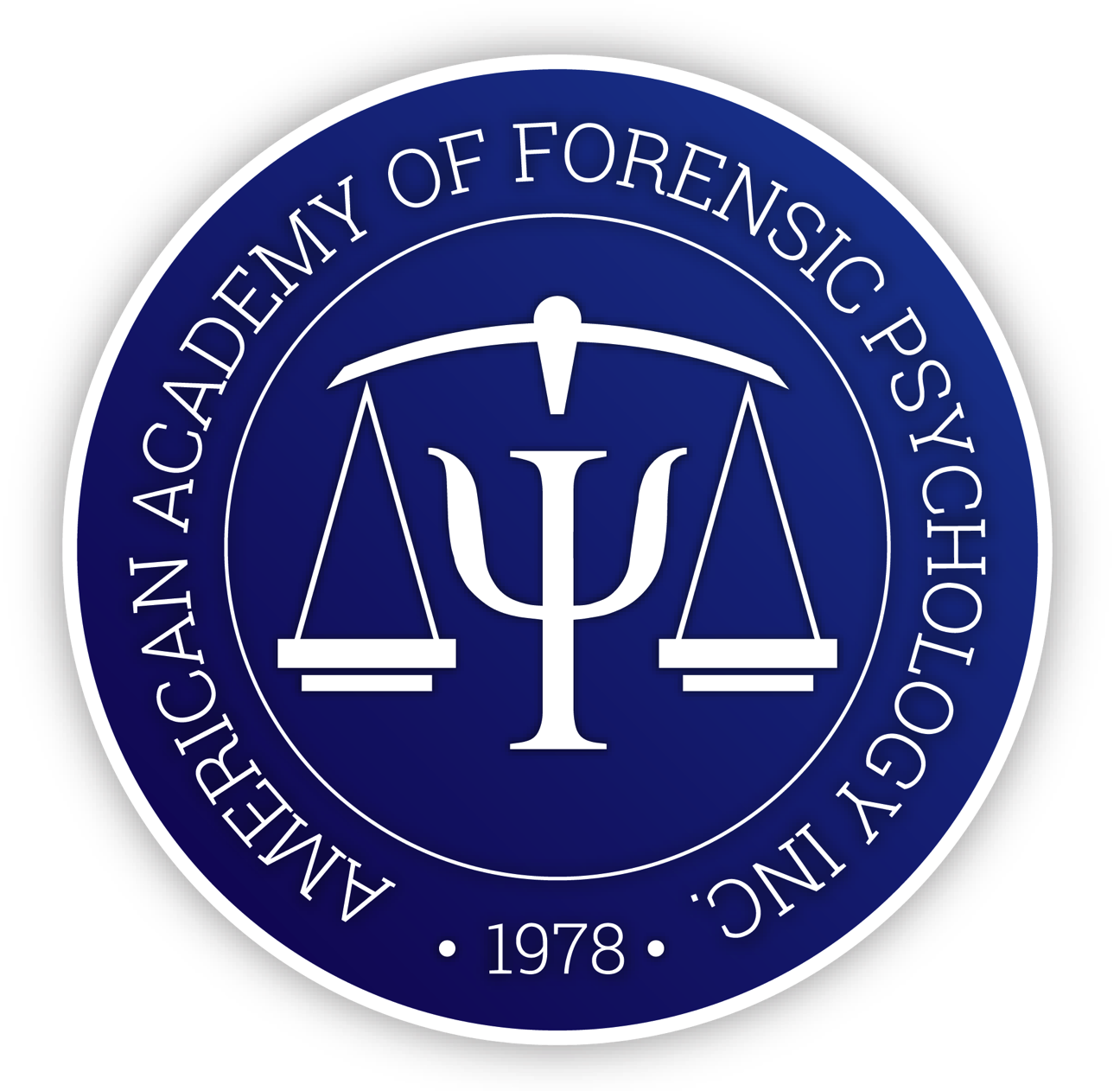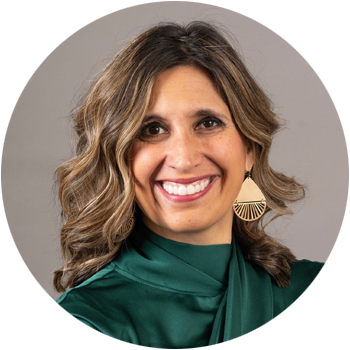4 Hours | 4 CEs
This on-demand professional training program on The Brain, Behavior, and the Legal System: Fundamental Neuropsychology for Forensic Evaluators is presented by Chriscelyn Tussey, PsyD, ABPP in partnership with the American Academy of Forensic Psychology (AAFP)
Forensic psychologists frequently conduct evaluations in which cognitive deficits are present. These deficits may stem from medical, neurological, and/or serious mental illness and can be relevant for addressing the psycholegal question.
This program provides an overview of some common cognitive deficits and diagnoses found in forensic evaluations and a road map for how to address these issues as they arise. Relevant case law, as well as ethical standards and guidelines, are examined, and this includes a discussion regarding competence to perform cognitive testing and when referral to a neuropsychologist is indicated. Pragmatic considerations when conducting forensic evaluations with a neuropsychology element, including intersectionality, test selection, and report writing, are explored. Case examples and opportunities for practical application of this content are integrated throughout the program.
Program Outline
- Fundamental definitions
- History of Forensic Neuropsychology
- Common cognitive deficits/diagnoses found in forensic evaluations
- Break-out rooms to discuss case examples
- Applicable case laws relevant to forensic neuropsychology
- Applicable ethical standards and specialty guidelines
- Overview of a decision-making model
- Break-out rooms to discuss/practice the application of the decision-making model
- Pragmatic issues- Intersectionality, Test Selection, Report Writing
- Conclusions
This is ideal for forensic psychologists at any stage of their career (though this may be most applicable to those in their early-mid career, given that those more senior may have already gained this fundamental knowledge through experience). Psychologists conducting forensic evaluations in any environment (e.g., private, correctional) would be appropriate for this program.
Please note that the purpose of this program is not to teach neuropsychological assessment or provide in-depth instruction on specific tests.

Intended Audience
This on-demand professional training program is intended for mental health and other allied professionals

Experience Level
This on-demand professional training program is appropriate for beginner, intermediate, and advanced level clinicians.

CE / CPD Credit
APA, ASWB, CPA, NBCC Click here for state and other regional board approvals.
Learning Objectives
Upon completion of this program you will be able to:

Describe at least 4 common cognitive deficits and/or diagnoses found in forensic populations

Describe and apply a decision-making model to address neuropsychological issues in forensic evaluations

Describe select and applicable case law, ethical standards, and guidelines

Describe at least 3 pragmatic factors that warrant consideration when conducting forensic evaluations wherein cognitive deficits are relevant to answering the psycholegal question

Curriculum
1. Program Introduction
2. Severe Mental Illnesses & Landmark Cases
3. Breakout
4. Ethical Standards & Specialty Guidelines
5. Decision-Making Models, Cultural Considerations, and Intersectionality
6. Test Selection and Report Writing
Develop a Specialty Area of Practice
Transforming mental health professionals into experts
Expert Instructors
Professional training developed and delivered by the field's leading experts

CE Credit
Earn CE credit for meaningful professional training that will elevate your practice
Convenience & Flexibility
Learn at your own pace, from wherever you might be!
Program Partner
American Academy of Forensic Psychology (AAFP)
We are proud to partner with the American Academy of Forensic Psychology (AAFP) for this training. AAFP is a non-profit organization of board-certified forensic psychologists whose mission is to contribute to the development and maintenance of forensic psychology as a specialized field of study, research, and practice. The Academy does this by providing high-quality continuing education workshops, providing a forum for the exchange of scientific information among its members, and conferring awards upon outstanding students and practitioners in the field of forensic psychology.

CE Sponsorship Information
Palo Alto University, Continuing and Professional Studies (CONCEPT) is approved by the American Psychological Association to sponsor continuing education for psychologists. Palo Alto University, Continuing and Professional Studies (CONCEPT) maintains responsibility for this program and its content. Palo Alto University, Continuing and Professional Studies (CONCEPT) is approved by the Canadian Psychological Association to offer continuing education for psychologists. Palo Alto University, Continuing and Professional Studies (CONCEPT), SW CPE is recognized by the New York State Education Department’s State Board for Social Work as an approved provider of continuing education for licensed social workers #SW-0356 and the New York State Education Department’s State Board for Mental Health Practitioners as an approved provider of continuing education for licensed mental health counselors. #MHC-0073. Palo Alto University, Continuing and Professional Studies (CONCEPT) has been approved by NBCC as an Approved Continuing Education Provider, ACEP No. 6811. Programs that do not qualify for NBCC credit are clearly identified. CONCEPT Professional Training, #1480, is approved to offer social work continuing education by the Association of Social Work Boards (ASWB) Approved Continuing Education (ACE) program. Organizations, not individual courses, are approved as ACE providers. State and provincial regulatory boards have the final authority to determine whether an individual course may be accepted for continuing education credit. CONCEPT Professional Training maintains responsibility for this course. ACE provider approval period: 11/22/23-11/22/26. Social workers completing this course receive (clinical or social work ethics) continuing education credits.


